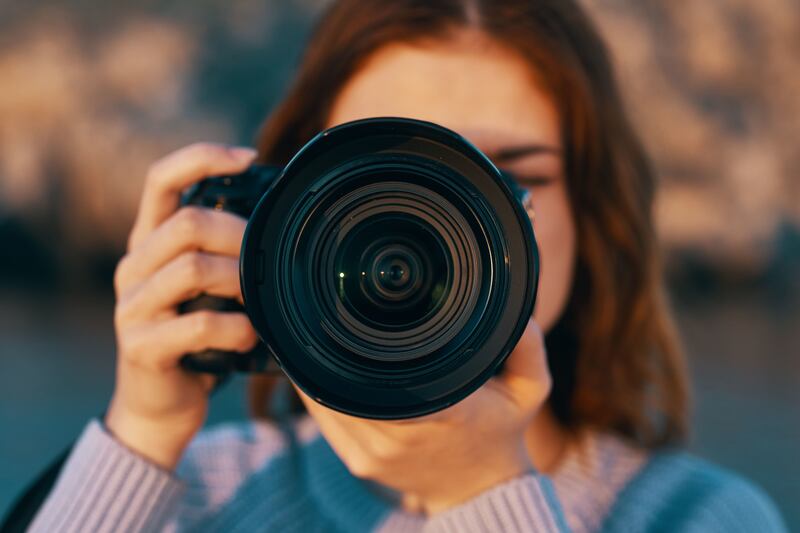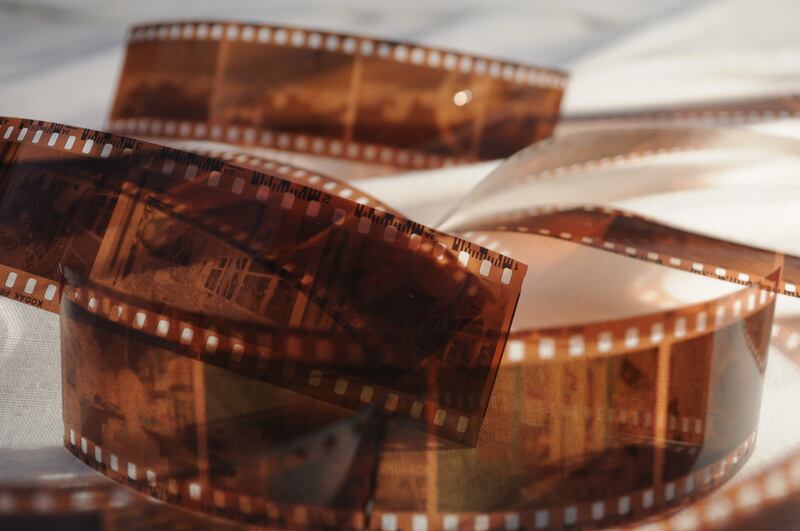In the 1950s, acclaimed journalist Edward R. Murrow — one of my personal professional idols — launched a five-minute radio program called “This I Believe.”
In the program, Murrow called for people in all walks of life to write essays about their personal philosophies and share them with the world.
“In this brief time each night, a banker or a butcher, a painter or a social worker — people of all kinds who need have nothing more in common than integrity, a real honesty — will talk out loud about the rules they live by, the things they have found to be the basic values in their lives,” Murrow said in the introduction to his program.
He said he felt like he was in a period of disbelief, where the things he did not believe outnumbered the things he did, and yet, he was still drawn to hear about the faith and fortitude of other people who found a way to navigate through life’s cloudy passageways. Helen Keller, author Pearl S. Buck, and Eleanor Roosevelt were all featured on the program, as well as others who ranged in prominence.
Murrow specifically said the program wasn’t religious, and he steered clear of presenting beliefs that came from dogma, but he referenced a cloud of fear that was covering the country at the time, and he used the experiences of others on his program to navigate his own confusion.
I first came across "This I Believe" through its reincarnation on National Public Radio more than 50 years later. Since then, I have been thinking, what do I believe? I sometimes find myself sharing in Murrow’s quagmire of disbelief, but it isn’t my nature to stay there. So today, I am sharing my own experience from life that shaped a core belief of mine.
I believe that there is a divine quality to our lives here on earth, and that we are connected to that divinity, even when we forget. Furthermore, I believe that divine intervention sometimes pierces our forgetfulness and concept of tangible reality, and that experience can change the course of our lives.
Because of this, I believe that I could now be in a Chinese prison, were it not for my parents’ prayers.
The realization of that fact stopped me in my tracks one early spring day 20 years ago and has never left my mind. Before that day, I did not particularly believe in prayer. I viewed it more as a meditation exercise than anything with tangible power. I could not understand how prayer correlated with action.
Then I found myself completely powerless, with no action to take. All I could do was watch and wait.
That spring afternoon, a friend and I, who were in a suburb of Wuxi, China, teaching English, decided to go exploring. We went to a nearby cemetery that many of the other teachers in our group had visited several times before, and we started taking pictures. We had never seen anything like it; each gravesite was a shrine to the person who had died. And I remembered reading somewhere that in the Cultural Revolution, many cemeteries like this one had been destroyed in order to make the land more useful.
We walked around the cemetery for about 20 minutes, pointing our cameras in every direction before we found ourselves surrounded by men in green military fatigues with two-by-four blocks of wood in their hands. It took me a moment to register that the blocks of wood were meant to be used against us, but my friend and I ran to the lead guard standing at the bottom of a set of stairs nearest to us, and he diffused the situation slightly. The soldiers lowered their truncheons.
Immediately, they started speaking to us in Chinese, and we couldn’t understand a word.
They pointed at our cameras, and eventually, I recalled another point of interest that I had read somewhere in my preparations to come to this Communist country: It is unlawful to take pictures of … something. What was it?
I started scanning my brain to think if cemeteries were on the list of things that shouldn’t be photographed, but before I could figure out the answer to my question, the guard pointed at my camera again and demanded to see the film. In response, I rewound the roll of film, popped open the back of my camera, and handed the canister to the man.
My friend was annoyed with this request. She wasn’t even convinced that we should be standing there, talking to the military guard, and considered making a run for it, even if they had weapons and we were unarmed. I told her we should stay and do what they say, and try to work ourselves out of this situation.
Instead, she popped open the back of her Nikon camera, and, out of protest, removed the canister without rewinding the film. As she handed her little spherical canister to the guard, with a stream of silvery gray film dangling in the wind, time froze. She had exposed the film. The pictures couldn’t be seen. She had destroyed evidence. They wouldn’t let us go.
The events that happened for the rest of that night were scary, and I will elaborate on them next time, but the lesson I learned was indelibly inscribed on my brain in a way I could never forget: When you find yourself unable to act, and full of fear, you are not alone.
This, I believe.



